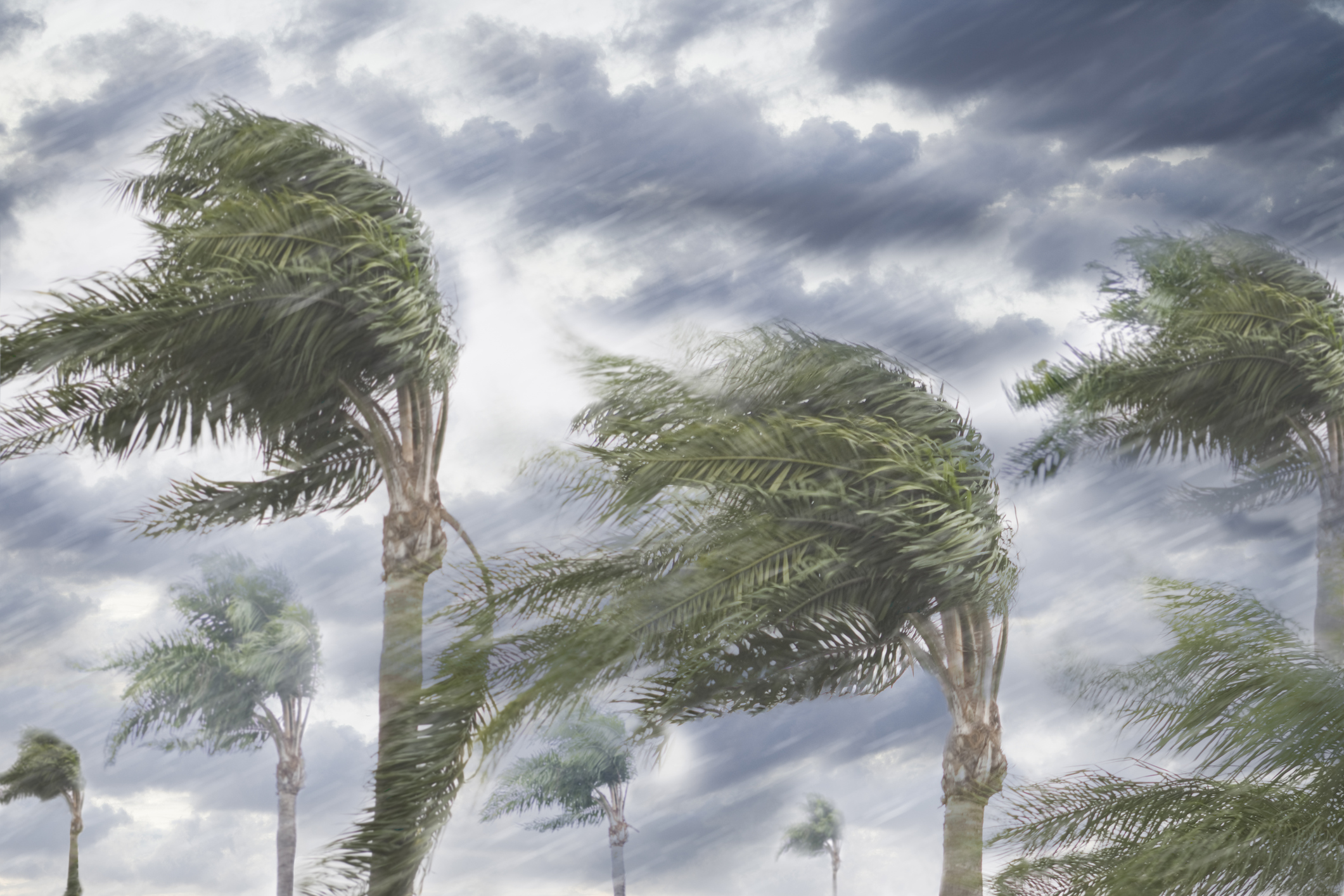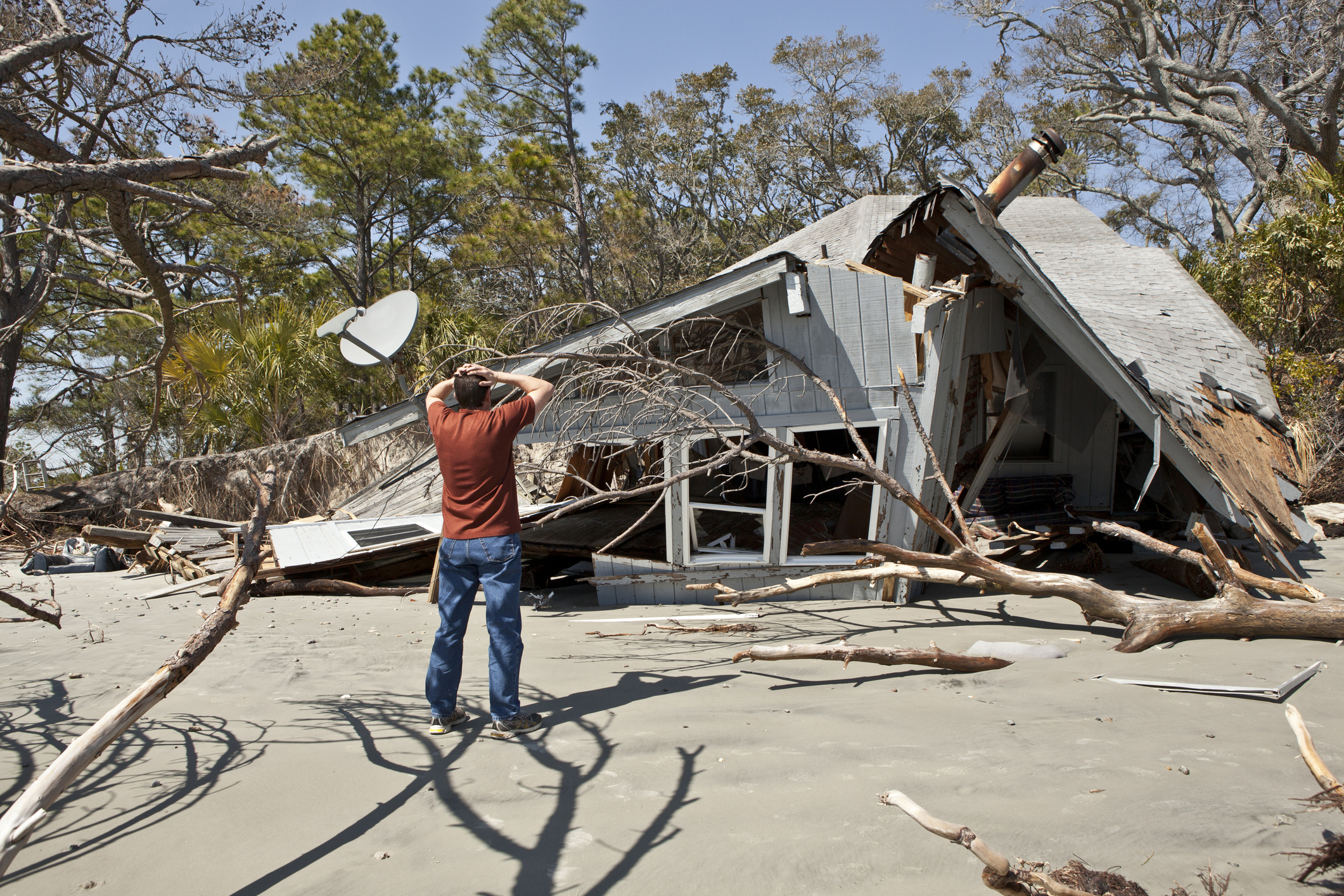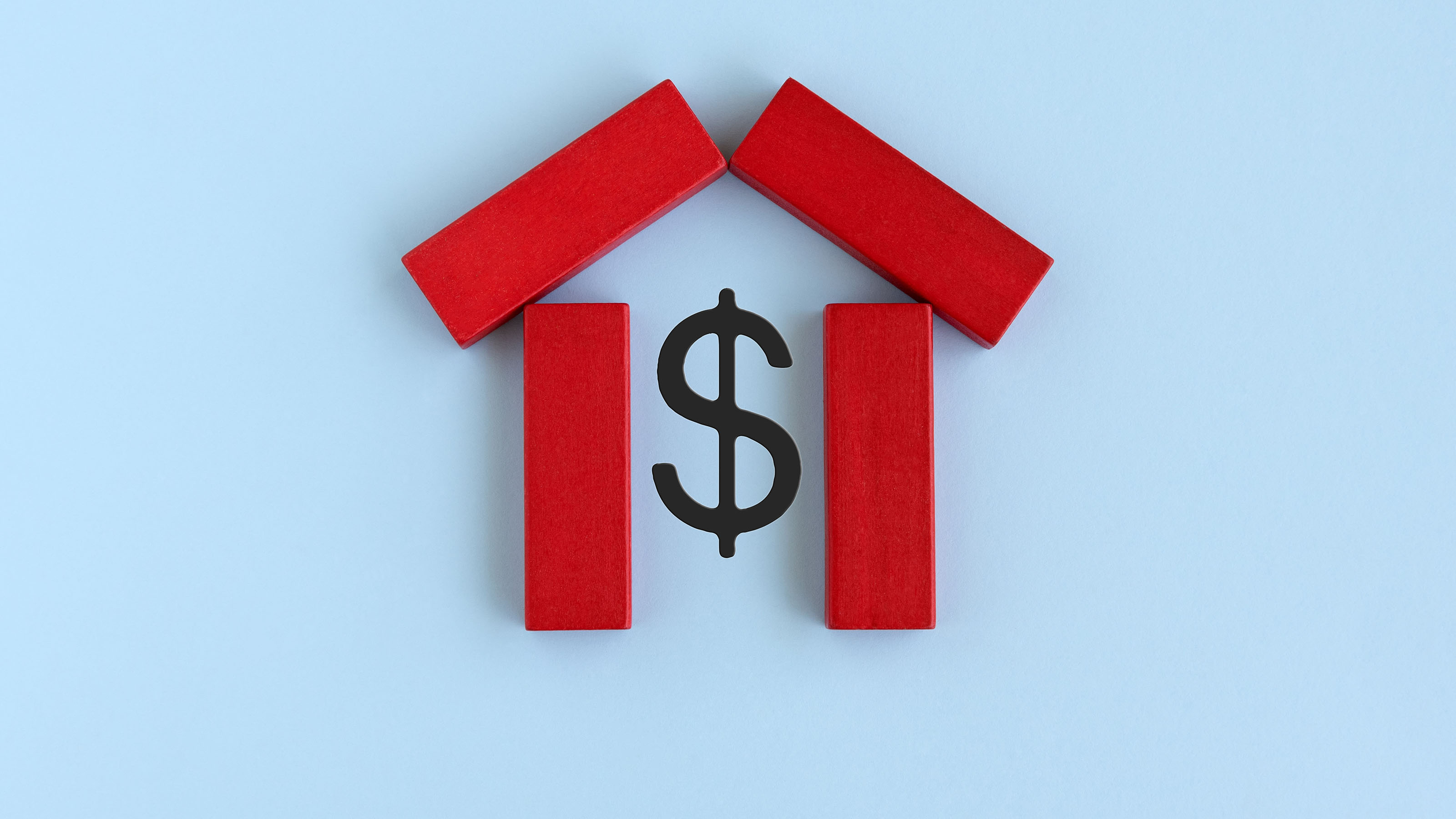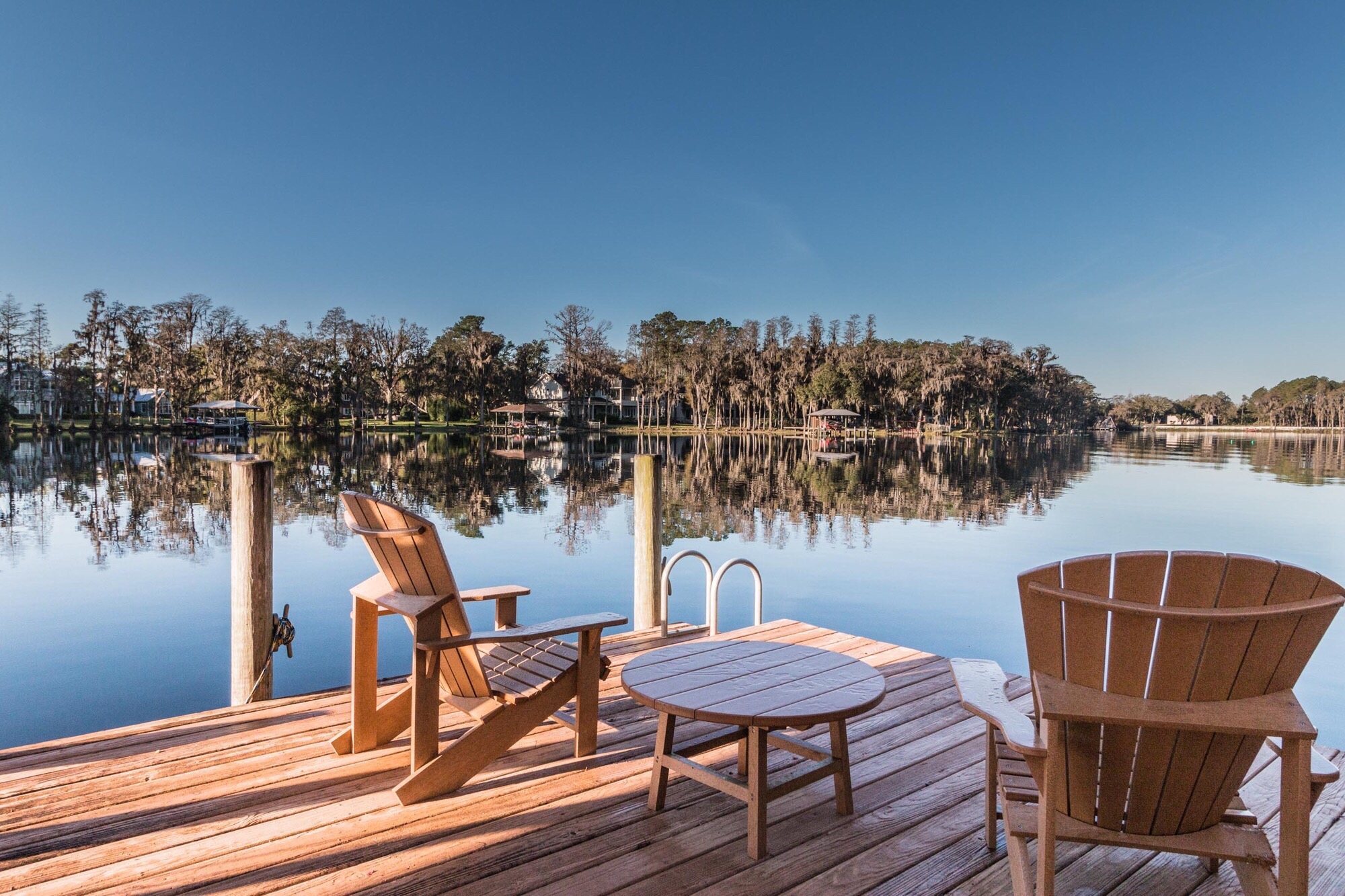What You Need to Know About Homeowners Insurance in Hurricane-Prone States
Policies can be prohibitively expensive in areas susceptible to hurricanes, but home buyers can take steps to make sure they’re not overwhelmed by the premiums.


Profit and prosper with the best of Kiplinger's advice on investing, taxes, retirement, personal finance and much more. Delivered daily. Enter your email in the box and click Sign Me Up.
You are now subscribed
Your newsletter sign-up was successful
Want to add more newsletters?

Delivered daily
Kiplinger Today
Profit and prosper with the best of Kiplinger's advice on investing, taxes, retirement, personal finance and much more delivered daily. Smart money moves start here.

Sent five days a week
Kiplinger A Step Ahead
Get practical help to make better financial decisions in your everyday life, from spending to savings on top deals.

Delivered daily
Kiplinger Closing Bell
Get today's biggest financial and investing headlines delivered to your inbox every day the U.S. stock market is open.

Sent twice a week
Kiplinger Adviser Intel
Financial pros across the country share best practices and fresh tactics to preserve and grow your wealth.

Delivered weekly
Kiplinger Tax Tips
Trim your federal and state tax bills with practical tax-planning and tax-cutting strategies.

Sent twice a week
Kiplinger Retirement Tips
Your twice-a-week guide to planning and enjoying a financially secure and richly rewarding retirement

Sent bimonthly.
Kiplinger Adviser Angle
Insights for advisers, wealth managers and other financial professionals.

Sent twice a week
Kiplinger Investing Weekly
Your twice-a-week roundup of promising stocks, funds, companies and industries you should consider, ones you should avoid, and why.

Sent weekly for six weeks
Kiplinger Invest for Retirement
Your step-by-step six-part series on how to invest for retirement, from devising a successful strategy to exactly which investments to choose.
Question: I’m thinking of buying a house on the water in Florida, but know that homeowners insurance can be complicated because of hurricanes. What do I need to know to get the right coverage without paying too much?
Answer:
The risk of hurricanes makes buying homeowners insurance in Florida and some other states much more complex and expensive than it is in many other areas. It’s important to find out about a house’s insurability before buying it so that you don’t end up with annual premiums that are several thousand dollars more than you were expecting to pay. While the advice below is specifically for Florida, it can also apply to homebuyers in other states that are at risk for hurricanes.
From just $107.88 $24.99 for Kiplinger Personal Finance
Become a smarter, better informed investor. Subscribe from just $107.88 $24.99, plus get up to 4 Special Issues

Sign up for Kiplinger’s Free Newsletters
Profit and prosper with the best of expert advice on investing, taxes, retirement, personal finance and more - straight to your e-mail.
Profit and prosper with the best of expert advice - straight to your e-mail.
Get a wind mitigation inspection. Before buying, ask for a wind mitigation inspection in addition to a standard home inspection. This inspection will include information on the shape and age of the roof (a hip-shaped or pyramid-like roof from 2002 or later is usually best), the size of the nails used to attach the roof to the truss, the device used to hold the trusses to the walls, and whether the home has hurricane shutters or impact glass, says Chris Heidrick, an independent insurance agent in Sanibel, Fla. “The cost to insure a home without wind mitigation features could be four times higher than a home with wind mitigation,” he says. Then ask an insurance agent to use that information to help estimate the cost to insure the house.
Check the home’s CLUE report. The Comprehensive Loss Underwriting Exchange (CLUE) is a database in which insurers share information about home insurance claims to help identify a property’s risks when setting premiums. The CLUE report shows the amount, type and date of each claim over the past five years, so it can alert home buyers to potential problems that could cause costly damage and perhaps affect their insurance rates. You can’t order a report on a home you don’t own yet, but your real estate agent can ask the seller for a copy of the “Home Seller’s Disclosure Report,” a version of the CLUE report that excludes personal details. Homeowners can order the report for $19.50 at the CLUE Home Seller’s Disclosure Report page.
Shop around for home insurance. The availability of coverage and premiums can vary a lot by insurer. The Florida Office of Insurance Regulation has a great Rate Comparison Tool that provides premium estimates from the insurers selling home insurance in your county based on three general categories: a home valued at $150,000 and constructed before 2001 (when building requirements changed) with wind mitigation, the same home without wind mitigation, and a newly constructed home valued at $300,000. Your premiums will vary widely based on your home’s location, design and wind mitigation details, but the tool can give you a rough idea of the premiums and the list of insurers selling coverage in your county. Among the insurers listed on the comparison tool is Citizens Property Insurance Corporation, a not-for-profit created by the Florida legislature in 2002 to provide insurance to property owners who can’t find coverage from private insurers. You can find an independent agent in your area who works with many companies and knows the local marketplace at TrustedChoice.com. Also see the Florida Office of Insurance Regulation’s Hurricane Season Resources for more information about your rights, insurers selling coverage in your area, and resources to help you find a policy and get your claim paid.
Check the insurer’s complaint record. Before you pick an insurer, make sure it doesn’t have a history of hassling people at claim time—especially if you live in an area that’s prone to major disasters. You can use the National Association of Insurance Commissioners’ Consumer Information Source to check the insurer’s complaint ratio, a figure that compares the number of complaints against an insurer in relation to the amount of premiums it takes in. An insurer with a complaint ratio of more than 1 has higher-than-average complaints. Type in the name of the company and click on “property/casualty” under “business type,” then click on “closed complaints” and “closed complaint ratio report,” and finally on “homeowners insurance.”
Understand your windstorm coverage and deductible. Until a few years ago, many people in high-risk areas had to buy separate policies to cover windstorms. Now, more insurers are offering windstorm coverage as part of their homeowners policies, says Heidrick. But you may have a higher deductible for hurricane damage. For example, you may have a $500 deductible for most claims, but a deductible of 2% or 5% of your coverage amount for damages caused by a hurricane. If you have a $300,000 policy and a 2% hurricane deductible, you’d have to pay $6,000 out of your pocket before your insurance would cover any hurricane damages. Try to keep enough money in your emergency fund to cover those potential expenses.
Find out about flood coverage. If you live in certain flood zones, your mortgage company will require you to get flood coverage, which is not covered by homeowners insurance. You can get coverage from the National Flood Insurance Program. You may also be able to find flood coverage from a growing number of private insurers, which may have higher limits than the federal program. Ask your insurance agent about your options, or find out about private insurers selling flood coverage at the Florida Office of Insurance Regulation’s Flood Insurance Resources page. The price can vary a lot by insurer. Or see whether the current homeowner has an NFIP flood insurance policy that is grandfathered (using older and usually lower rates) and can be assumed when you buy the house, which may be the best deal, says Heidrick.
Protect your home. You may be able to take additional steps to protect your home and get a discount on insurance. Or ask the seller to provide compensation for these improvements when you make your offer. See the Florida Office of Insurance Regulation Notice of Premium Discounts for Hurricane Loss Mitigation for a list of improvements that can reduce your rate. “I’ve had clients who, after purchasing a home, replaced the roof and put in hurricane shutters and cut their insurance premiums in half,” says Heidrick.
Profit and prosper with the best of Kiplinger's advice on investing, taxes, retirement, personal finance and much more. Delivered daily. Enter your email in the box and click Sign Me Up.

As the "Ask Kim" columnist for Kiplinger's Personal Finance, Lankford receives hundreds of personal finance questions from readers every month. She is the author of Rescue Your Financial Life (McGraw-Hill, 2003), The Insurance Maze: How You Can Save Money on Insurance -- and Still Get the Coverage You Need (Kaplan, 2006), Kiplinger's Ask Kim for Money Smart Solutions (Kaplan, 2007) and The Kiplinger/BBB Personal Finance Guide for Military Families. She is frequently featured as a financial expert on television and radio, including NBC's Today Show, CNN, CNBC and National Public Radio.
-
 Nasdaq Leads a Rocky Risk-On Rally: Stock Market Today
Nasdaq Leads a Rocky Risk-On Rally: Stock Market TodayAnother worrying bout of late-session weakness couldn't take down the main equity indexes on Wednesday.
-
 Quiz: Do You Know How to Avoid the "Medigap Trap?"
Quiz: Do You Know How to Avoid the "Medigap Trap?"Quiz Test your basic knowledge of the "Medigap Trap" in our quick quiz.
-
 5 Top Tax-Efficient Mutual Funds for Smarter Investing
5 Top Tax-Efficient Mutual Funds for Smarter InvestingMutual funds are many things, but "tax-friendly" usually isn't one of them. These are the exceptions.
-
 Could Tax Savings Make a 50-Year Mortgage Worth It?
Could Tax Savings Make a 50-Year Mortgage Worth It?Buying a Home The 50-year mortgage proposal by Trump aims to address the housing affordability crisis with lower monthly mortgage payments. But what does that mean for your taxes?
-
 15 Cheapest Small Towns to Live In
15 Cheapest Small Towns to Live InThe cheapest small towns might not be for everyone, but their charms can make them the best places to live for plenty of folks.
-
 Before Buying Your First Home, Get These Three Ducks in a Row
Before Buying Your First Home, Get These Three Ducks in a RowWith mortgage rates higher than we're used to, making sure you can comfortably afford to buy your first home is more important than ever.
-
 Is Home Insurance Required? Not Necessarily, But That Doesn't Mean You Should Drop It
Is Home Insurance Required? Not Necessarily, But That Doesn't Mean You Should Drop ItHome insurance is required by most mortgage lenders. But even if your home is paid off, does it make financial sense to drop coverage?
-
 5 Ways to Shop for a Low Mortgage Rate
5 Ways to Shop for a Low Mortgage RateBecoming a Homeowner Mortgage rates are high this year, but you can still find an affordable loan with these tips.
-
 Hurricane Insurance Claims: 10 Things You Need to Know
Hurricane Insurance Claims: 10 Things You Need to KnowBecoming a Homeowner Hurricane damage? Know what your insurance will and won't cover to make the most of your policy if you need to file a claim.
-
 Property Tax 101: What Homeowners Need to Know
Property Tax 101: What Homeowners Need to KnowProperty Tax No one likes to pay property tax, but knowing how these taxes work might make the situation more bearable.
-
 5 Great Places to Buy a Vacation Home
5 Great Places to Buy a Vacation HomeWant a vacation home for remote work or a fun getaway? Here are locations with median prices under $500K.